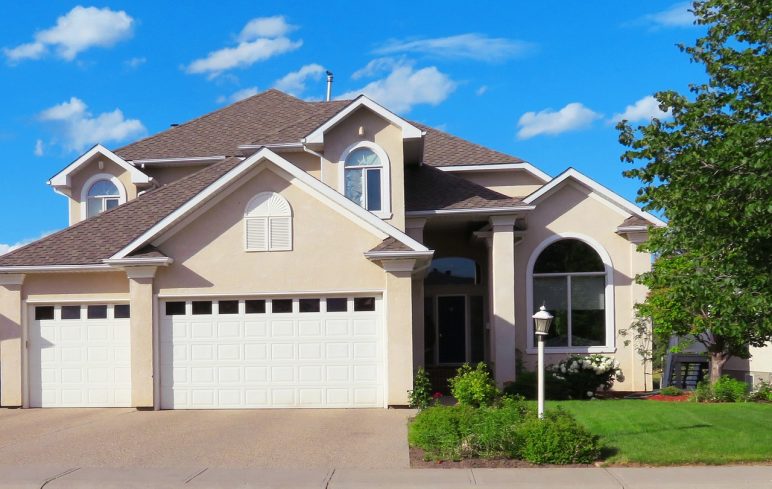Buying a home can be an exciting and rewarding process, but it’s also a major financial commitment and potentially a lot of work. Read on for seven things you need to know before starting the process.
1. What are your priorities?
First, it sounds basic, but before approaching the home buying process, you need to have a strong sense of your priorities. Knowing your priorities gives you a place to start your search and guidelines to keep it on track.
2. What is your plan?
Next, and closely related, what is your plan for the property? Will this be your forever-home, or is it a starter home to build equity? Having an idea of how soon you may need to will help structure your search. You may want to look exclusively in areas where resale or renting your property out will be easier, or you may prefer to buy in an up-and-coming neighborhood. This is one area where a knowledgeable real estate agent is key.
3. What’s the best mortgage?
Unless you’re in the enviable position of being able to pay cash for a house, you’ll need to decide what kind of mortgage loan will be best. Calculate your debt-to-income ratio and factor in how much you have for a down payment. Shop around for interest rates and features. If you don’t have enough for a down payment or don’t have good credit, consider spending some time and effort to improve your finances before starting the home buying process.
4. How does the process work?
Next, you’ll want to understand how the buying process works. Your real estate agent and bank or mortgage broker can walk you through the steps and the timeline—keep in mind that it can take a month or longer once you’ve submitted an offer until the contract and loan paperwork is ready for signature.
5. What’s the real cost of ownership?
Once you’ve found a place you love, you need to look closely at the actual cost of ownership. In addition to your monthly mortgage payments, you’ll also be paying for insurance, taxes, and utilities—all of which can vary widely in price. Additionally, condos will usually have a monthly homeowner association fees.
6. Are there any red flags?
Next, look closely at the home inspection report, which should reveal any major issues and describe the age and condition of major systems such plumbing, electrical, and roofing. Many cosmetic issues can be fairly inexpensive to fix, but if a property needs significant work to make it livable (whether because the plumbing’s leaking or you just can’t stand that shag carpet), make sure you take into account the expense and time required.
7. How much work, long-term?
Finally, you’ll need to understand what kind of maintenance your new home will require. Consider the age of the house, as well as location and characteristics of the home. If it’s an older condo, you may have to pay assessments for exterior work; if in a rural area, you may have a septic system to maintain. Don’t forget landscaping—mowing, trimming trees, etc., which can add up.

